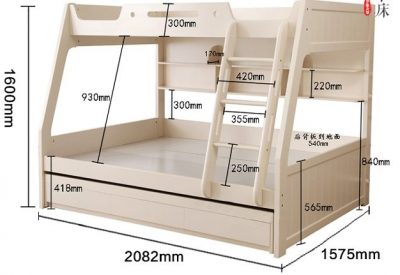Practicing good sleep hygiene is essential for getting a restful night’s sleep and maintaining overall well-being. Here are some habits and tips to help you improve your sleep hygiene:
- Establish a Consistent Sleep Schedule:
- Go to bed and wake up at the same time every day, even on weekends. This helps regulate your body’s internal clock.
- Create a Relaxing Bedtime Routine:
- Develop a calming routine before bed to signal to your body that it’s time to sleep. Activities may include reading a book, taking a warm bath, practicing relaxation exercises, or gentle stretching.
- Create a Comfortable Sleep Environment:
- Ensure your bedroom is conducive to sleep. This includes a comfortable mattress and pillows, appropriate room temperature (usually slightly cooler), and minimal noise and light. Use blackout curtains or a sleep mask if necessary.
- Limit Exposure to Screens:
- Avoid screens (smartphones, tablets, computers, TVs) at least an hour before bedtime. The blue light emitted from screens can interfere with the production of the sleep hormone melatonin.
- Be Mindful of What You Eat and Drink:
- Avoid large meals, caffeine, and alcohol close to bedtime. These substances can disrupt sleep patterns and make it harder to fall asleep.
- Exercise Regularly:
- Engage in regular physical activity, but try to finish exercise at least a few hours before bedtime. Exercise can promote better sleep, but vigorous workouts too close to bedtime can have the opposite effect.
- Limit Naps:
- If you need to nap during the day, keep it short (20-30 minutes) and early in the afternoon to avoid interfering with nighttime sleep.
- Manage Stress and Anxiety:
- Practice stress-reduction techniques such as deep breathing, meditation, mindfulness, or progressive muscle relaxation to calm your mind before sleep.
- Limit Liquid Intake Before Bed:
- Minimize the consumption of fluids close to bedtime to reduce the likelihood of waking up to use the bathroom during the night.
- Use Your Bed Only for Sleep and Intimacy:
- Avoid using your bed for activities such as working, watching TV, or eating. Reserve your bed for sleep and intimate activities to strengthen the association between your bed and sleep.
- Keep a Sleep Diary:
- Record your sleep patterns, including bedtime, wake time, and any disturbances, to identify trends and potential issues that may be affecting your sleep.
- Limit Clock Watching:
- Constantly checking the clock during the night can increase anxiety about not sleeping. Turn your clock away from view or use blackout curtains to block out the light from digital clocks.
- Seek Natural Light Exposure:
- Spend time outdoors during the day, especially in the morning. Natural light exposure helps regulate your circadian rhythm and improve sleep-wake patterns.
- Consult a Healthcare Professional:
- If you have persistent sleep problems or symptoms of a sleep disorder, consult a healthcare professional or sleep specialist for evaluation and guidance.
Remember that improving sleep hygiene often takes time and consistency. Implement these habits gradually and be patient with yourself. Making these adjustments can lead to better sleep quality, increased daytime alertness, and overall improved well-being.








